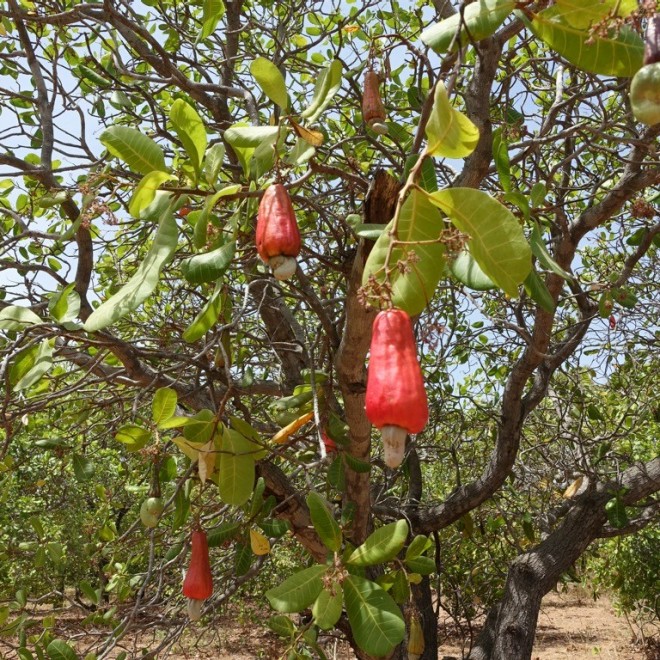
More than half of the world's cashew harvest comes from Africa. However, around 95% of African cashews are processed in Asia. The cashews are transported from West Africa to Asia by ship. There, the cashews are mechanically cracked in large factories and then sent to Europe for sale as ready-to-eat kernels. Not only is the added value lost locally, but longer transport routes and significantly greater CO2 emissions also have a negative impact on the environment. That is why HALBA, together with Coop and gebana, wants to promote value creation in the country of origin and thus avoid unnecessary transport distances.
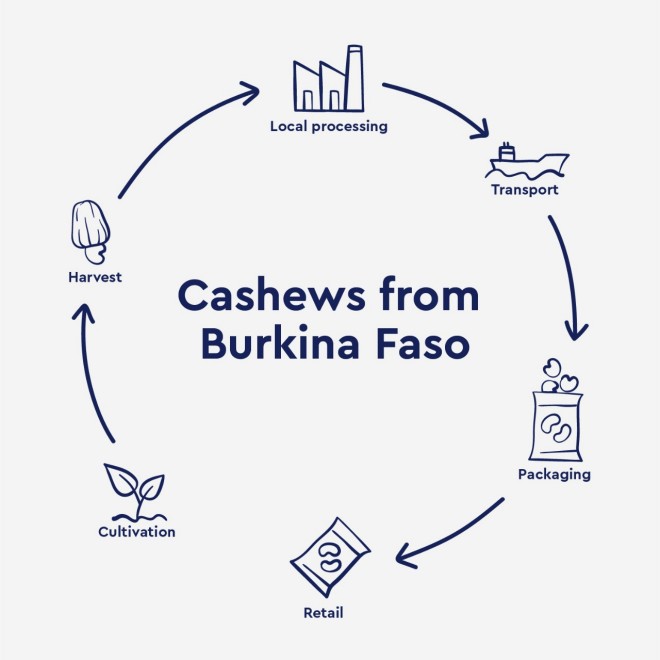
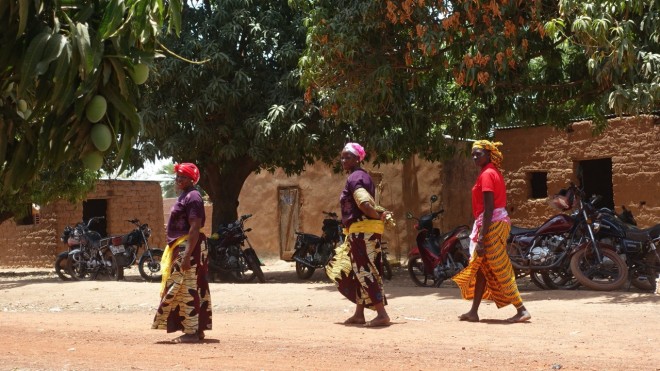
HALBA currently sources half of its organic and Fairtrade-certified cashews from a sustainability project run by gebana, a Swiss partner company based in Burkina Faso. The project promotes the processing of cashews in the country of origin: the cashews not only grow in Burkina Faso but are also processed there. This increases the added value in Burkina Faso. In a country whose economy is largely based on agriculture and where 40 % of the population live below the poverty line.
Moreover, by processing the nuts in Burkina Faso, they can be shipped directly to Europe after only half a month, thus saving unnecessary transport routes.
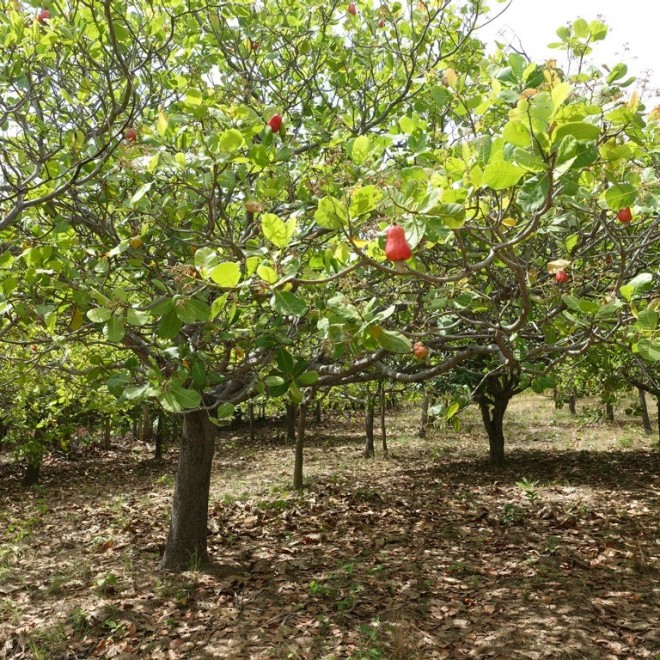
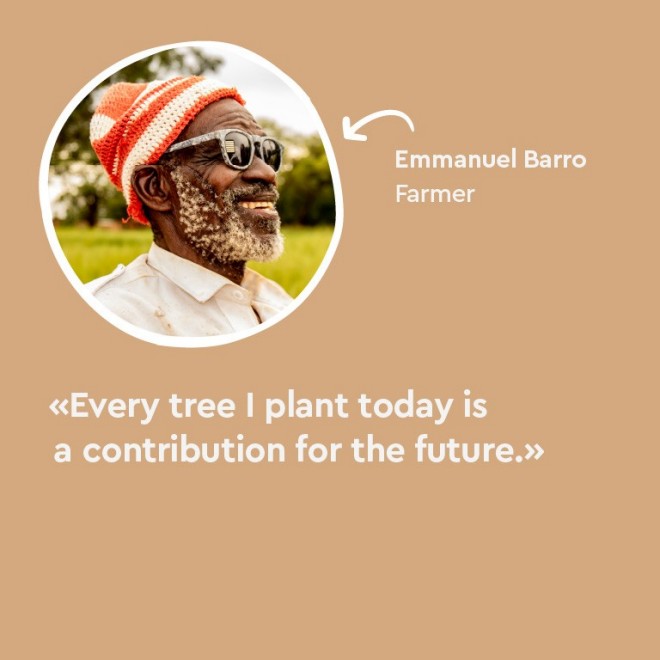
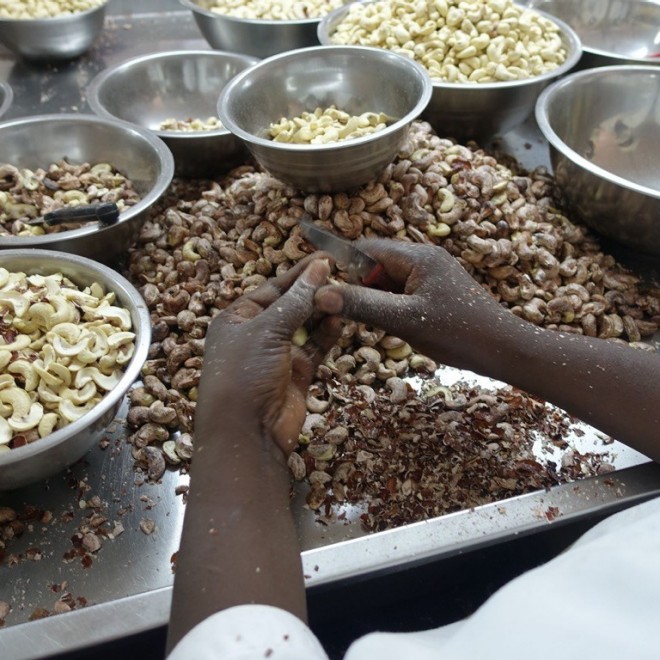
HALBA's sustainability project teaches cashew producers in Bobo-Dioulasso, the second largest city in Burkina Faso, the basics of dynamic agroforestry (DAF). The targeted mixed cultivation of cashews in combination with local tree species and shrubs is unique worldwide and counteracts desertification in the Sahel. The improved soil quality resulting from the cultivation method increases yields and enables the cultivation of beans and cereals, thus diversifying the farmers' income and contributing to food security. In addition to the diversified income, the farming families also benefit from organic and Fairtrade premiums. In the Sahel, as in Burkina Faso, dynamic agroforestry is less known so far.
As part of the project, both gebana’s agriculturists and the farmers are being trained. In addition to investments in cultivation, gebana plans to increase its processing capacities with a new factory.
The goal here is not only efficient processing, but also sustainable energy and waste management. The waste created from cashew processing (shells) can be used to generate energy for mango drying and further cashew processing as well as for the production of compost. This compost, in turn, can be used by the farmers to fertilise their fields. In addition, an integrated solar system will reduce CO2 emissions.